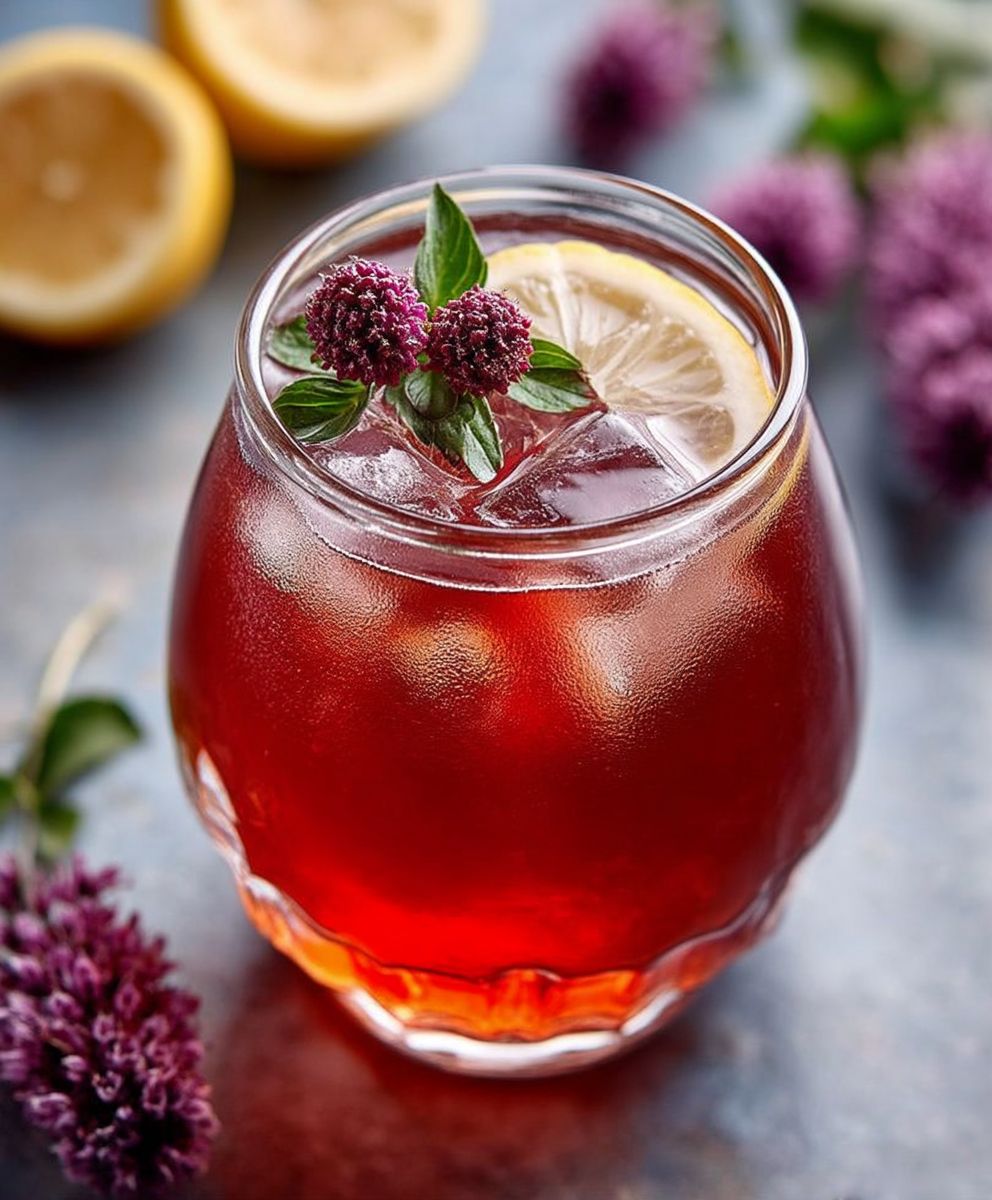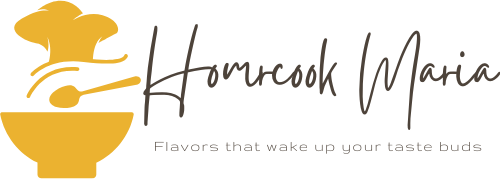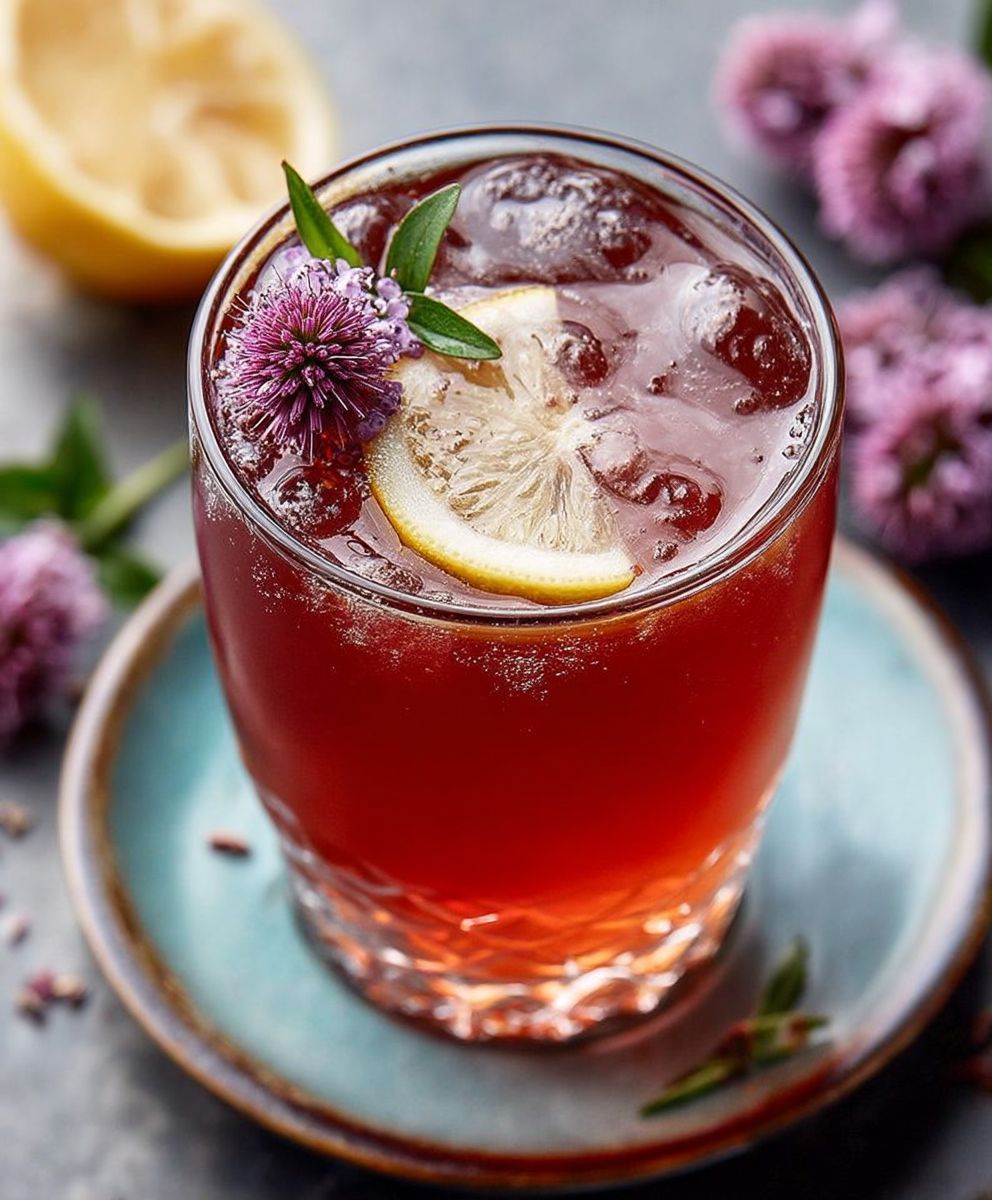Echinacea Elderberry Tea: the soothing elixir your immune system craves! Are you feeling a little under the weather, or simply want to give your body a boost? This vibrant and flavorful tea is more than just a comforting beverage; it’s a powerhouse of natural goodness, steeped in tradition and brimming with health benefits.
For centuries, both Echinacea and Elderberry have been revered for their medicinal properties by indigenous cultures around the world. Native American tribes utilized Echinacea to treat a wide array of ailments, while Elderberry has a long history in European folk medicine for its antiviral and anti-inflammatory effects. Combining these two potent ingredients creates a synergistic effect, amplifying their individual benefits and offering a delicious way to support your well-being.
What makes Echinacea Elderberry Tea so beloved? It’s the perfect blend of earthy Echinacea notes with the sweet and slightly tart flavor of Elderberries. The warmth of the tea is incredibly comforting, especially on a chilly day, and the knowledge that you’re actively supporting your immune system adds an extra layer of satisfaction. Plus, it’s incredibly easy to make! Whether you’re a seasoned herbalist or just starting your wellness journey, this recipe is a simple and effective way to incorporate these powerful herbs into your daily routine. Let’s brew up a cup of goodness!
Ingredients:
- 4 cups filtered water
- 2 tablespoons dried elderberries
- 1 tablespoon dried echinacea root
- 1 teaspoon dried echinacea purpurea herb (optional, for added potency)
- 1/2 teaspoon dried ginger root (for flavor and anti-inflammatory benefits)
- 1/4 teaspoon cinnamon powder (optional, for flavor and warmth)
- 1 tablespoon lemon juice (freshly squeezed, for flavor and vitamin C)
- 1-2 tablespoons raw honey or maple syrup (to taste, for sweetness)
- Optional additions: a few slices of fresh lemon or orange, a sprig of fresh mint
Preparing the Echinacea Elderberry Tea
- Boil the Water: In a medium-sized saucepan, bring the 4 cups of filtered water to a rolling boil over high heat. Using filtered water is important as it removes impurities that can affect the taste of the tea.
- Add the Herbs and Spices: Once the water is boiling, carefully add the dried elderberries, echinacea root, echinacea purpurea herb (if using), dried ginger root, and cinnamon powder (if using) to the saucepan.
- Simmer the Mixture: Reduce the heat to low, cover the saucepan with a lid, and let the mixture simmer gently for at least 20-30 minutes. Simmering allows the herbs to release their beneficial compounds into the water. The longer you simmer, the stronger the tea will be. I usually aim for 30 minutes to get the most out of the herbs.
- Check the Aroma and Color: As the tea simmers, you’ll notice the aroma filling your kitchen. The color of the water will also deepen, indicating that the herbs are infusing properly. Give it a gentle stir occasionally to ensure even extraction.
- Remove from Heat: After simmering for the desired time, remove the saucepan from the heat.
Straining and Flavoring the Tea
- Strain the Tea: Place a fine-mesh sieve or a cheesecloth-lined colander over a large heat-resistant bowl or pitcher. Carefully pour the tea through the sieve to remove the herbs and spices. This step is crucial to ensure a smooth and enjoyable drinking experience. You can discard the spent herbs after straining.
- Add Lemon Juice: Stir in the freshly squeezed lemon juice. The lemon juice not only adds a bright, citrusy flavor but also provides a boost of vitamin C, which is beneficial for immune support.
- Sweeten to Taste: Add raw honey or maple syrup to the strained tea, starting with 1 tablespoon. Stir well until the sweetener is completely dissolved. Taste the tea and add more sweetener as needed, according to your preference. Remember that honey and maple syrup have different levels of sweetness, so adjust accordingly.
- Adjust for Flavor: Now is the time to adjust the flavor to your liking. If you prefer a stronger ginger flavor, you can add a pinch more ginger powder. If you want more citrus, add a squeeze more lemon juice. Don’t be afraid to experiment to find the perfect balance for your taste buds.
Serving and Storing the Echinacea Elderberry Tea
- Serve Warm: Pour the warm echinacea elderberry tea into mugs or teacups.
- Garnish (Optional): Garnish with a few slices of fresh lemon or orange, or a sprig of fresh mint, for an extra touch of flavor and visual appeal.
- Enjoy Immediately: For the best flavor and benefits, enjoy the tea immediately after preparing it.
- Storing Leftovers: If you have any leftover tea, you can store it in an airtight container in the refrigerator for up to 2-3 days. Reheat gently on the stovetop or in the microwave before serving. Keep in mind that the flavor may change slightly after refrigeration.
Tips and Variations
- Adjusting the Strength: You can adjust the strength of the tea by varying the amount of herbs used or the simmering time. For a stronger tea, use more herbs or simmer for a longer period. For a milder tea, use less herbs or simmer for a shorter period.
- Adding Other Herbs: Feel free to experiment with other herbs and spices to customize the flavor of your tea. Some popular additions include rosehips (for vitamin C), licorice root (for sweetness and soothing properties), and peppermint (for a refreshing flavor).
- Using Fresh Herbs: If you have access to fresh elderberries or echinacea, you can use them in place of the dried herbs. Use about twice the amount of fresh herbs as you would dried herbs. For example, if the recipe calls for 2 tablespoons of dried elderberries, use about 4 tablespoons of fresh elderberries.
- Making a Cold Infusion: For a refreshing summer drink, you can make a cold infusion of echinacea and elderberry tea. Combine the herbs and water in a pitcher and let it steep in the refrigerator for at least 4 hours, or preferably overnight. Strain the tea and add lemon juice and sweetener to taste before serving.
- Sweetener Alternatives: If you prefer not to use honey or maple syrup, you can use other natural sweeteners such as stevia, monk fruit sweetener, or coconut sugar. Adjust the amount of sweetener according to your preference.
- For Sore Throats: If you’re making this tea to soothe a sore throat, consider adding a teaspoon of marshmallow root to the mixture while simmering. Marshmallow root has demulcent properties that can help coat and soothe the throat.
- Echinacea Considerations: While echinacea is generally considered safe, it’s best to consult with a healthcare professional before using it, especially if you have any underlying health conditions or are taking any medications. Some people may experience allergic reactions to echinacea.
- Elderberry Precautions: Raw elderberries can be toxic and cause nausea, vomiting, and diarrhea. Always use dried or cooked elderberries in your tea.
- Ginger Benefits: Ginger is known for its anti-inflammatory and antioxidant properties. It can help soothe digestive issues and boost the immune system.
- Cinnamon’s Role: Cinnamon adds a warm and comforting flavor to the tea. It also has antioxidant and anti-inflammatory properties.
Understanding the Benefits
Echinacea:
Echinacea is a well-known herb that’s often used to support the immune system. It’s believed to help stimulate the production of white blood cells, which are essential for fighting off infections. There are several species of echinacea, with Echinacea purpurea being one of the most commonly used. I like to use both the root and the herb for a more comprehensive effect.
Elderberry:
Elderberries are packed with antioxidants and vitamins, making them a popular choice for boosting immunity. They’re particularly rich in anthocyanins, which are compounds that have been shown to have antiviral properties. Elderberry syrup is a common remedy for colds and flu, and this tea offers a similar benefit in a warm and soothing form.
Ginger:
Ginger is a powerful spice with a long history of medicinal use. It’s known for its anti-inflammatory and digestive properties. Adding ginger to this tea not only enhances the flavor but also helps to soothe any digestive discomfort that might accompany a cold or flu.
Lemon:
Lemon is a great source of vitamin C, an essential nutrient for immune function. It also adds a bright and refreshing flavor to the tea, making it more palatable. The acidity of lemon juice can also help to break up congestion.
Honey:
Honey is a natural sweetener with antibacterial and antiviral properties. It can help to soothe a sore throat and reduce coughing. Choose raw honey for the most health benefits, as it contains more enzymes and antioxidants than processed honey. If you’re vegan, maple syrup is an excellent alternative.
When to Drink Echinacea Elderberry Tea
I find this tea to be most effective when consumed at the first sign of a cold or flu. The sooner you start drinking it, the better your chances of shortening the duration and severity of your symptoms. You can drink 2-3 cups of this tea per day when you’re feeling under the weather. It’s also a great preventative measure during cold and flu season. I often make a batch on weekends to sip on throughout the week.
A Note on Quality
The quality of the herbs you use will significantly impact the flavor and effectiveness of your tea. I recommend purchasing your herbs from a reputable source that sells organic and sustainably harvested products. Look for herbs that are vibrant in color and have a strong aroma. Avoid herbs that are dull, faded, or have a musty smell.

Conclusion:
This Echinacea Elderberry Tea isn’t just a drink; it’s a hug in a mug, a soothing balm for your senses, and a powerful boost for your immune system, especially when you need it most. I truly believe this recipe is a must-try, not just for its incredible health benefits, but also for its delightful taste and comforting aroma. It’s a simple, effective, and delicious way to support your well-being, and I’m confident you’ll find yourself reaching for it time and time again.
Why is this Echinacea Elderberry Tea a must-try? Because it combines the potent immune-boosting properties of echinacea and elderberry with the warmth and comfort of a homemade tea. It’s a natural and effective way to combat cold and flu symptoms, reduce inflammation, and simply feel better. Plus, it’s incredibly easy to make, requiring only a few readily available ingredients and minimal effort. Forget those expensive and often artificial-tasting store-bought remedies this homemade version is far superior in both taste and effectiveness.
But the best part? You can customize it to your liking! Feel free to experiment with different variations to find your perfect cup. For a sweeter tea, add a touch more honey or maple syrup. If you prefer a spicier flavor, a pinch of ginger or a dash of cinnamon will do the trick. You could even add a squeeze of lemon juice for a zesty kick and an extra dose of Vitamin C.
Serving Suggestions and Variations:
* Enjoy it hot on a chilly evening for a comforting and relaxing experience.
* Let it cool and serve it over ice for a refreshing summer beverage.
* Add a splash of apple cider vinegar for an extra immune boost and a slightly tart flavor.
* Garnish with a slice of lemon or orange for a beautiful presentation.
* For a creamier tea, add a splash of coconut milk or almond milk.
* If you’re feeling adventurous, try adding a few drops of essential oils like lemon or eucalyptus for added aromatherapy benefits. (Be sure to use only food-grade essential oils and use them sparingly!)
This recipe is incredibly versatile, so don’t be afraid to get creative and experiment with different flavors and ingredients. The possibilities are endless!
I’m so excited for you to try this recipe and experience the amazing benefits of Echinacea Elderberry Tea for yourself. I truly believe it will become a staple in your wellness routine, especially during the colder months.
So, go ahead, gather your ingredients, and brew yourself a cup of this magical elixir. I promise you won’t be disappointed. And most importantly, I’d love to hear about your experience! Please, share your thoughts, variations, and any tips you discover in the comments below. Did you find it helpful for a cold? Did you add any special ingredients? Your feedback is invaluable and helps others discover the joy and benefits of this wonderful tea. Let’s create a community of tea lovers, sharing our experiences and supporting each other’s well-being, one cup of Echinacea Elderberry Tea at a time! Happy brewing!
Echinacea Elderberry Tea: Benefits, Uses, and Recipes
A soothing, immune-boosting tea with elderberries, echinacea, ginger, and lemon, perfect for fighting colds and flu.
Ingredients
- 4 cups filtered water
- 2 tablespoons dried elderberries
- 1 tablespoon dried echinacea root
- 1 teaspoon dried echinacea purpurea herb (optional, for added potency)
- 1/2 teaspoon dried ginger root (for flavor and anti-inflammatory benefits)
- 1/4 teaspoon cinnamon powder (optional, for flavor and warmth)
- 1 tablespoon lemon juice (freshly squeezed, for flavor and vitamin C)
- 1-2 tablespoons raw honey or maple syrup (to taste, for sweetness)
- Optional additions: a few slices of fresh lemon or orange, a sprig of fresh mint
Instructions
- Boil the Water: In a medium-sized saucepan, bring the 4 cups of filtered water to a rolling boil over high heat.
- Add Herbs and Spices: Add the dried elderberries, echinacea root, echinacea purpurea herb (if using), dried ginger root, and cinnamon powder (if using) to the boiling water.
- Simmer: Reduce heat to low, cover, and simmer gently for 20-30 minutes.
- Strain: Place a fine-mesh sieve or cheesecloth-lined colander over a heat-resistant bowl or pitcher. Pour the tea through the sieve to remove herbs and spices.
- Add Lemon Juice: Stir in the freshly squeezed lemon juice.
- Sweeten: Add raw honey or maple syrup to taste, stirring until dissolved.
- Adjust Flavor: Add more ginger or lemon juice to taste.
- Serve: Pour warm tea into mugs. Garnish with lemon/orange slices or mint (optional).
- Store: Leftovers can be stored in an airtight container in the refrigerator for up to 2-3 days. Reheat gently before serving.
Notes
- Adjust the strength of the tea by varying the amount of herbs used or the simmering time.
- Experiment with other herbs and spices like rosehips, licorice root, or peppermint.
- If using fresh herbs, use twice the amount as dried herbs.
- For a cold infusion, steep herbs in water in the refrigerator for at least 4 hours or overnight.
- Use sweetener alternatives like stevia, monk fruit sweetener, or coconut sugar.
- For sore throats, add a teaspoon of marshmallow root while simmering.
- Consult a healthcare professional before using echinacea if you have underlying health conditions or are taking medications.
- Always use dried or cooked elderberries, as raw elderberries can be toxic.
- Purchase herbs from a reputable source that sells organic and sustainably harvested products.

